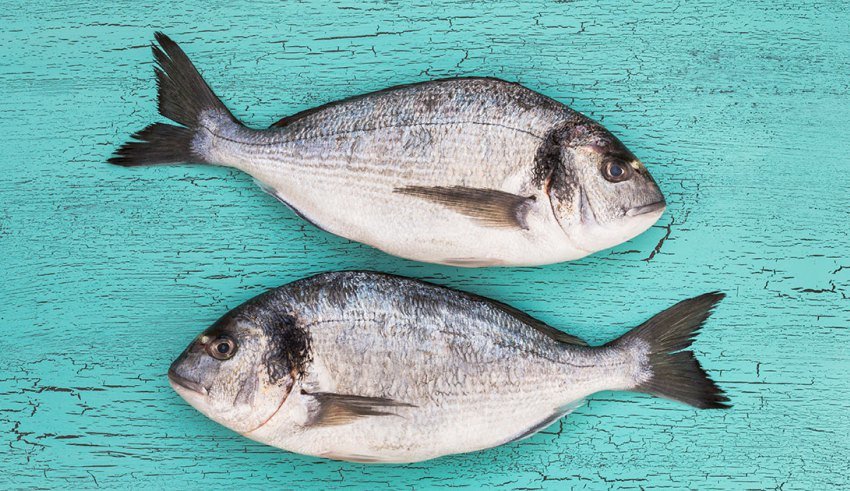Fall In Love with Food and Yourself with Mindful Eating
Eating is such an important part of lives, and with so many fast food and processed options around us, it can become challenging to fuel your body the right way.
Despite knowing the difference between good and bad foods, many people find it difficult to maintain a healthy relationship with food. Some eat too much, some too little, and others just eat the right amount of bad foods. This destructive relationship with food and ourselves needs to stop.

Mindful eating is a simple lifestyle approach that teaches you to listen to huger and satiety cues – eat when you’re hungry, stop when you’re full and fuel your body with good whole foods
A New Eating Approach
Mindful eating is a simple lifestyle approach that teaches you to listen to huger and satiety cues – eat when you’re hungry, stop when you’re full and fuel your body with good whole foods. But this is easier said than done. If you’re just finding out about mindful eating, you’re probably wondering about the weight loss science behind it and how you can implement it in your lifestyle.
According to Jessica Jones, R.D., the very definition of mindful eating is to be fully present and aware in your sense while eating a meal so that you’re better able to pick up on hunger and fullness cues.
She added that there are certain key elements of mindful eating that set it apart from other restrictive weight-loss diets: giving full attention to the food in front of you without rushing or multitasking, activating all your senses to observe how the food smells, looks, tastes and feels when you eat it, not being judgmental towards your food (thinking of it as good or bad) and being more flexible in your meals.
The main goal of mindful eating is to develop a healthy relationship with food so that it doesn’t become a source of anxiety, stress or other negative feelings that can take a toll on your physical or emotional wellbeing.
Why Nutritionists Recommend it
Rebecca Scritchfield, R.D.N. is a big fan of mindful eating and she often recommends it to her own clients who struggle to maintain a healthy diet. The concept is also discussed in her book Body Kindness where she says that when people eat mindfully, they tend to avoid pointless snacking because of boredom. Working on your attunement skills will help you notice when you’re full so that you can stop eating – not because you have to, but you want to.

Mindful eating teaches you to be more flexible with foods and eat them in moderation
Mindful eating isn’t exactly a weight-loss diet, although it helped many people shed excess weight. But it’s important to remember that not everyone will lose weight by eating this way. Those who are underweight due to a restrictive diet may start to put on weight once they start paying attention to their body’s hunger cues. This is one of the reasons why nutritionists like Scritchfield are big proponent of this eating approach.
Clinical psychologist, Susan Albers, Psy.D., says that weight loss diets can be very restrictive, making it hard for the dieters to enjoy their food. Moreover, extreme diets are often unsustainable and can result in quick weight gain once you start eating normally again.
Restrictive vs. Flexible

Mindful eating, on the other hand, teaches you to be more flexible with foods and eat them in moderation. For example, if you’re craving a slice of cake on a keto diet, you’re not allowed to have it because of the diet’s strict no-carb rule. If you continue to suppress the craving, it only intensifies with time, resulting in an all-out binge. But if you allow yourself a piece of cake with the promise to exercise later, you’re less likely to be guilty or go for more.
Mindful eating makes you feel good in your body, whereas other weight-loss diets can have the opposite effect. When you develop a positive relationship with eating and start enjoying your food, you feel more responsible to look after your body and make sure that you’re giving it the right nutrition.
Eating mindfully is liberating and frightening at the same time, but the journey towards establishing a healthy positive relationship with food and body is what makes this lifestyle change worth adopting. We tend to spend a lot of money and time on our food, when all we need to do is to pay more attention to it.
